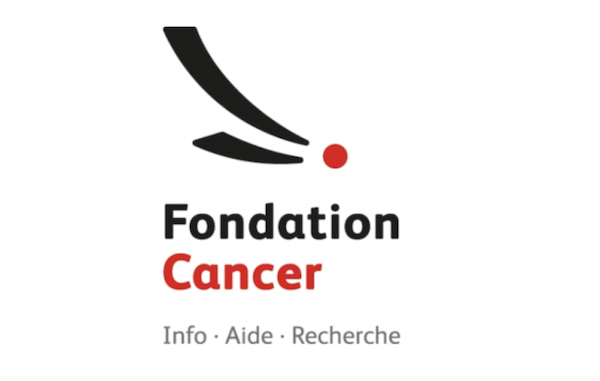
On Tuesday 14 October 2025, Fondation Cancer (Cancer Foundation) published a press release entitled “Luxembourg must no longer remain Europe’s tobacco shop,” which responds to the European Commission’s planned revision of the Tobacco Tax Directive and argues that Luxembourg is prioritising economic interests over the well-being of its population.
According to the NGO, EU Commission intends to update the minimum excise floors across nicotine products in order to curb consumption, noting that the current framework dates from 2010 and is no longer fit for purpose.
On Friday 10 October 2025, at the ECOFIN Council meeting, Luxembourg’s Finance Minister Gilles Roth voiced “serious concerns” about the proposed increases, describing the planned tax rates as “excessive”; while the minister represents Luxembourg’s financial interests, the NGO argued that this stance comes at the expense of public health, a point it reiterated in its statement on Minister Roth’s position.
Fondation Cancer recalled that, in July, Finance Minister Gilles Roth acknowledged Luxembourg’s reliance on tobacco tax receipts and the difficulty of replacing them in the short term. The NGO argued that this reliance means “a state that derives a significant share of its income from the sale of health-endangering products prioritises economic interests over the well-being of its population, particularly its youth.”
Cigarette prices in Luxembourg remain below those in neighbouring France and Belgium, and tobacco sales rose by 17% between 2023 and 2024. The Grand Duchy is described as “the tobacco shop of Europe,” a situation seen as undermining other Member States’ prevention strategies.
The European Commission’s plans also cover novel nicotine products such as e-cigarettes and nicotine pouches, which - with colourful packaging and sweet flavours - are viewed as particularly attractive to young people; stricter regulation and taxation are deemed overdue.
The statement urges Luxembourg to support the Commission’s proposals and calls on Minister Roth to diversify public revenues “without jeopardising the population’s health.”








